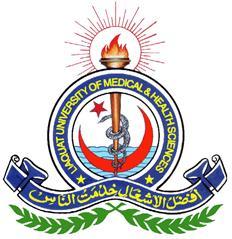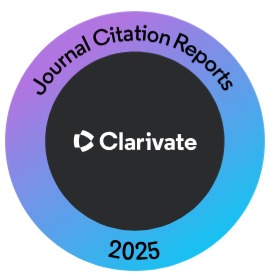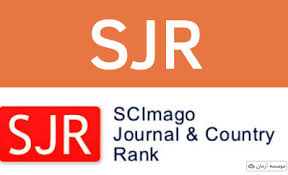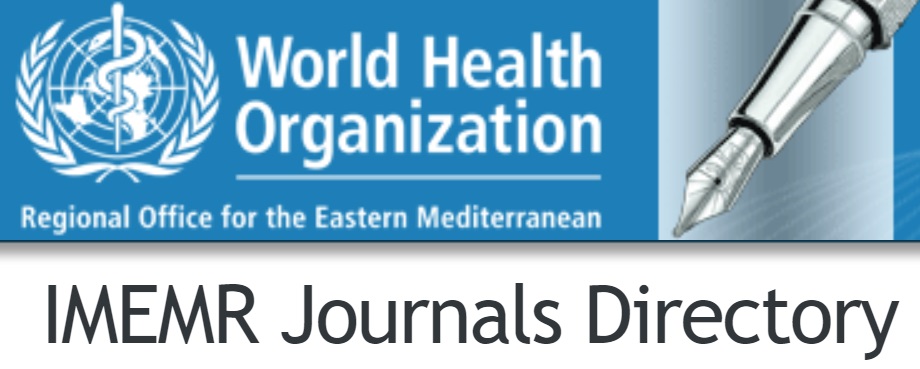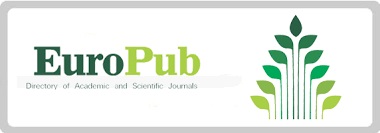Metacognitive Self-Regulation: The Mediating Role of Emotion Oriented Coping between Positive and Negative Beliefs about Rumination amongst Pakistani Adults
Keywords:
Mediation; Positive beliefs about rumination; Emotion oriented coping, Direct effects and Indirect effects.Abstract
OBJECTIVES: The study explored the moderated mediating role of gender on the relationship between positive and negative beliefs about rumination mediated by emotion oriented coping.
METHODOLOGY: The research was a short survey. Data was collected from various institutes of Islamabad and Rawalpindi during 2015-2016. A total of 514 employed professionals from different organizations participated in the study. The questionnaires method was used. Responses were collected on Positive Beliefs about Rumination Scale, Negative Beliefs about Rumination Scales and Emotion Oriented Coping. Correlation analysis showed significant positive relationships among study variables (ranging from .32 to .40; p < .01).
RESULTS: Results showed that direct path between negative beliefs about rumination and positive beliefs about rumination was found mediated by emotion oriented coping. The direct effects between positive beliefs about rumination and negative beliefs about rumination (? = .31, p < .01, ?R2= .23), and the indirect effects between positive and negative beliefs about rumination through emotion- oriented coping (? = .10, p < .05, ?R2 = .18) disclosing mediating effects of emotion oriented coping.
CONCLUSION: Emotional coping was thus found to be a process through which individuals can ‘let go of’ factors that may be causing them stress and they can attain a temporary sense of calm. Previous research had hinted upon the cathartic nature of emotional coping but it wasn’t clear whether the relationship would be significant or not. The current research is step towards providing empirical evidence for this relationship. Secondly, the article specifies the direction of the relationship between positive beliefs about rumination, emotion oriented coping and negative beliefs about rumination.
Downloads
Published
How to Cite
Issue
Section
License
Submission of a manuscript to the journal implies that all authors have read and agreed to the content of the undertaking form or the Terms and Conditions.
When an article is accepted for publication, the author(s) retain the copyright and are required to grant the publisher the right of first publication and other non-exclusive publishing rights to JLUMHS.
Articles published in the Journal of Liaquat University of Medical & health sciences are open access articles under a Creative Commons Attribution-Noncommercial - Share Alike 4.0 License. This license permits use, distribution and reproduction in any medium; provided the original work is properly cited and initial publication in this journal. This is in accordance with the BOAI definition of open access. In addition to that users are allowed to remix, tweak and build upon the work non-commercially as long as appropriate credit is given and the new creations are licensed under the identical terms. Or, in certain cases it can be stated that all articles and content there in are published under creative commons license unless stated otherwise.


